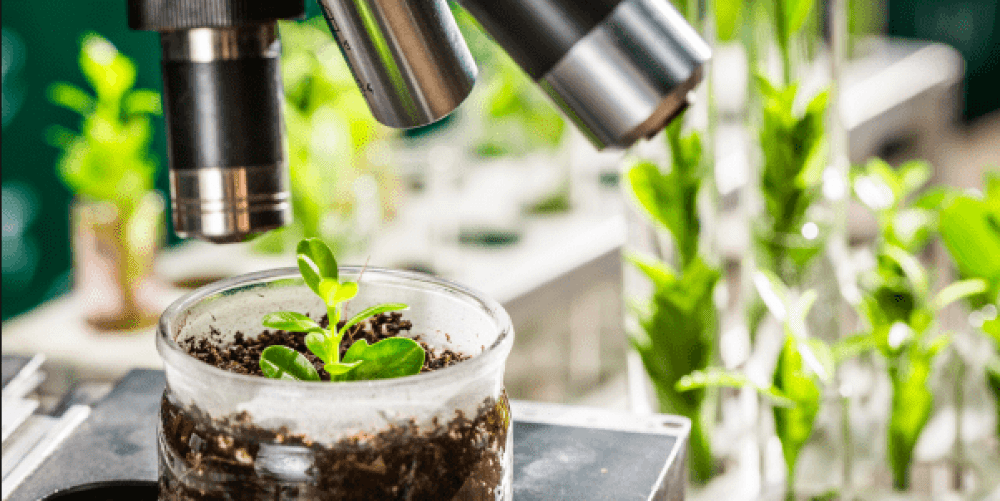Fertilizers & the Environment
Students will be working on the iCEV BASF Plant Science Certification modules, the lesson plans described below are for the Fertilizers & the Environment module.
Goal:
To learn the basics of fertilizers and their relationship with the environment.
Description:
Fertilizers help replenish essential nutrients the soil looses. Students and beginning horticulturalists will replenish their knowledge of fertilizers with the advice provided in this presentation. The nutritional requirements of plants, the purpose of a fertilizer, fertilizer analysis, types, application, equipment, costs, records and schedules, handling and storage and effects on the environment are introduced.
Objectives:
1. The student will gain a basic knowledge of fertilizers.
2. The student will learn the proper application of plant and crop fertilizers.
3. The student will learn the importance of safety and environmental concerns related to fertilizers.
Assignments:
Assignments will be posted on the Plant & Soil Science Google Classroom, under the “Assignments” topic of the “Classwork” tab. Please pay attention to all due dates, which will be posted on the assignments along with the instructions for the assignment.
Pesticides & Herbicides: An Introduction
Students will be working on the iCEV BASF Plant Science Certification modules, the lesson plans described below are for the Pesticides & Herbicides: An Introduction module.
Goal:
To learn the fundamentals of pesticides and herbicides.
Description:
Due to the diversity of plant and animal health problems caused by pests, it is important to horticulturalists, ranchers, farmers and even home gardeners to learn how to recognize them, understand what causes them and when they occur. This production teaches students about different pests, beneficial and harmful, along with the correct ways to control them. Also covered are the different classes of pesticides, safety and intergraded pest management. Collaborator: Dr. Pete Dotray, Professor of Weed Science, Texas Tech University.
Objectives:
1. The student will identify a number of common pests.
2. The student will become familiar with the various types of pesticides and herbicides.
3. The student will learn the proper pesticide and herbicide safety methods.
4. The student will become familiar with IPM (integrated pest management).
Assignments:
Assignments will be posted on the Plant & Soil Science Google Classroom, under the “Assignments” topic of the “Classwork” tab. Please pay attention to all due dates, which will be posted on the assignments along with the instructions for the assignment.
